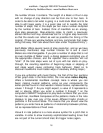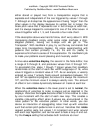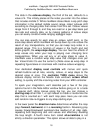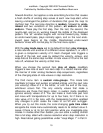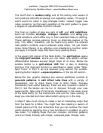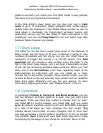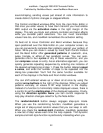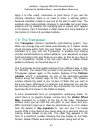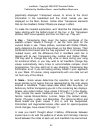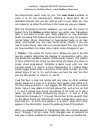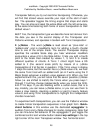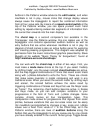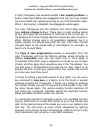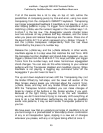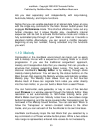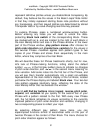maxWerk - Copyright 2000-2007 Amanda Pehlke
Published by RedMoon Music - www.RedMoon-Music.com
24
graphically
displayed
Transposer
values, to
arrive
at the chord
information
in the
Leadsheet
and the
chord
names
you see
displayed on the Main Screen. Unlike
other
Transposer
elements
that can be
disabled,
Global Offsets are always in effect.
To make the
clearest
explanation,
we'll
describe
the displayed data
types
starting
with the
bottom-most
of the four in the
Transposer
window. We'll move
upward,
and then mix them up. They are:
4. Key -
Transposing
Keys cover the twelve
semitones
of the
western
octave. Values 0
through
11 set the Tonic pitch for the
musical Scale in use.
These
pitches,
summed
with Global Offsets,
partly
determine
the
chord
names
shown on the Main Screen.
Their
combined
I
-chord
result tells the "key
signature"
as in
conventionally
notated
music, with the
difference
that in maxWerk each bar is
tagged
with its own
Transposing
Key
number
and Global Offset.
You may wish to
change
Key only once or twice
during
your song
for
emotional
effect, or you may wish to let maxWerk
change
Key
values
automatically
many times to
accommodate
complex chord
progressions.
You may elect not to use
changing
Transposing
Key
information
at all, if you are feeling entirely modal in your
approach
to your Werk. Of
course,
doing
experiments
with one data set will
not
harm
any of the
others.
3. Scale - Scale values
determine
the selection for each bar of
seven pitches out of twelve that are
represented
by the note values
entered
in
maxWerk.
These
values take effect
after
Key data, but
before
any
further
transposing
you do in the
remaining
two displays.
Scales, also called
modes,
have values 0
through
11 in the display.
They include the seven
traditional
ones at 1
through
7, with the
familiar
names
Natural-Minor,
Locrian,
Major
(the
default
scale),
Dorian, Phrygian, Lydian, and
Mixolydian.
The
Harmonic-Minor
and
Blues scales are given values 7 and 8, and the
Suspended,
Diminished, and
Augmented
scales, often used for speci
al-purpose
chord
changes,
have values 9
through
11.
In case you
hadn't
thought about
it
before,
differences
between
scales have to do with the
patterns
of whole and
half-step
intervals
found
between
the notes of each set, and maxWerk has
memorized



